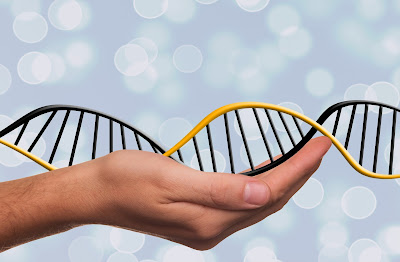 |
| Image by meminsito from Pixabay |
A few weeks ago a frugal friend asked me what software I use to organise my family tree. I was surprised when we discovered he uses the same package as I do, and that we both use the free version (but as he’s from Yorkshire this wasn’t too surprising). This got me thinking about how genealogists decide on the computer storage tools they use, and what is available online.
There are a number of genealogy software companies that offer specialised,
downloadable programs. These help you store, manage, and plan your family history
and associated research on your home computer or laptop. Several of them feature free versions of
these packages with “limited” features – that is, not all the bells and
whistles, but a perfectly serviceable product.
Listed below are some packages that are available to
download and use free of charge. This is by no means intended to be a
comprehensive listing, and these are merely some of the more commonly-used
offerings. They’ll come with regular
reminders to upgrade to a paid version, but there is no commitment to purchase
anything at all unless you want to. And
of course you are free to uninstall these programs from your computer at any
time.
A word of advice: I have only ever used one of these
programs, Ancestral Quest, and have found it completely suitable for my
purposes. If you want to read about some
of the other offerings, Family Tree Magazine recently compiled a chart outlining the features of four free versions. Also included in the summary are online family tree storage sites, which I’ll
cover in a future post.
So, in purely alphabetical order, here are six no-cost
genealogy computer programs for you to investigate:
·
Legacy
·
TreeView (30 day trial of full program,
which then reverts to the free Lite version – very crafty!)
Do be aware that these companies will describe all the
features of their full program, then tell you how many of these features the
free package doesn’t have, to try and
tempt you to buy their product. Even if
you plan on buying any family history software, I would suggest that you always
take the option to have a free trial first, to be sure you like the
package. And give any program you choose,
free or otherwise, a good workout before you decide to add all your research to
it.
Some of these companies also operate genealogy websites and will
link their free software to those, to persuade you to subscribe to their
other services. Again, this shouldn’t be
compulsory (if it is, consider switching to another provider!), and bear in
mind that many of the big name family history paid-for websites keep data
behind paywalls when it is also freely available elsewhere online.
Any genealogy software worth its salt should allow you to
easily transfer your data from one package to another, using the
industry-standard GEDCOM format (short for GEnealogical Data COMmunication). So once you have input all the family information
you consider essential into one program, you shouldn’t have to do it again;
simply export a GEDCOM file from the program you’ve been using, and then import
it into the new one you want to try. Instructions
for this will be included with your chosen package(s).
Like any other product or service, family tree software is
very much a matter of personal choice, based on the functions you require of it. But it shouldn’t, and doesn’t need to be, a
matter of how much you can afford. There
is a great deal (quite literally) to be had out there, at no cost, that will
help you to grow your family tree.



